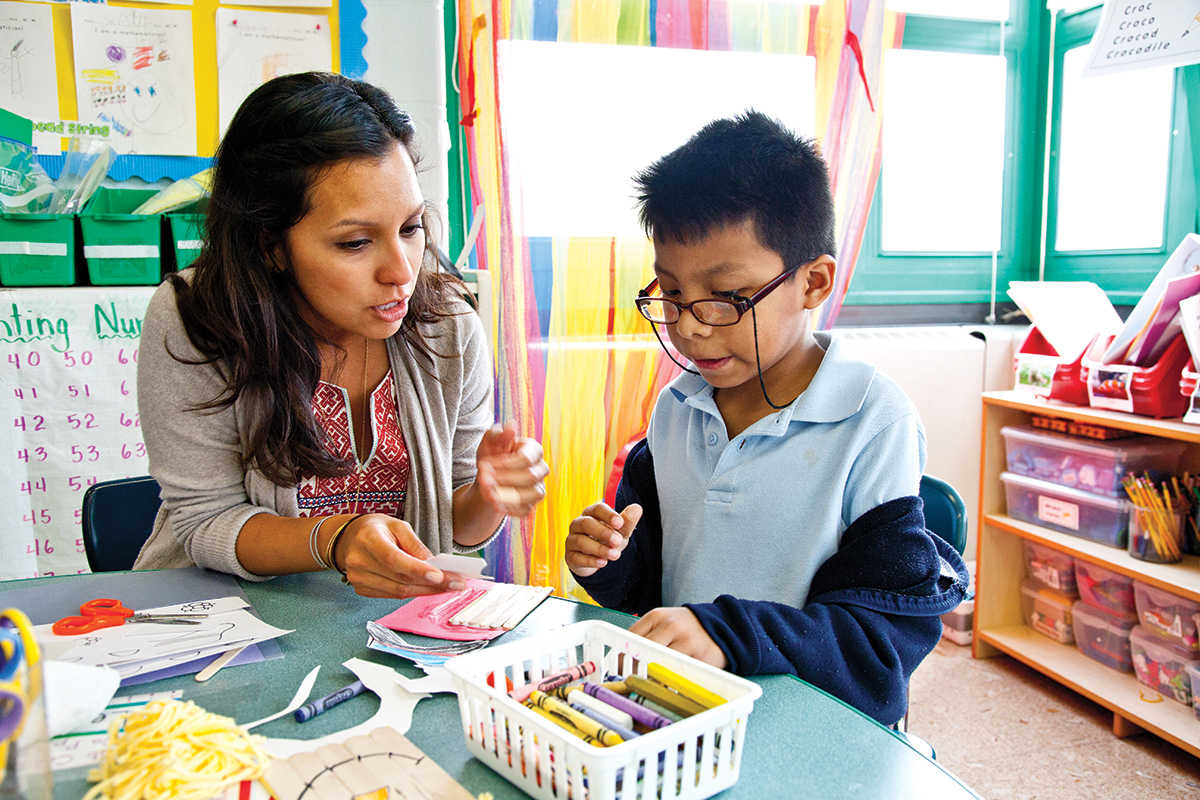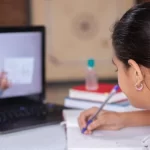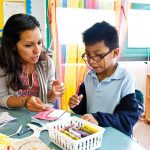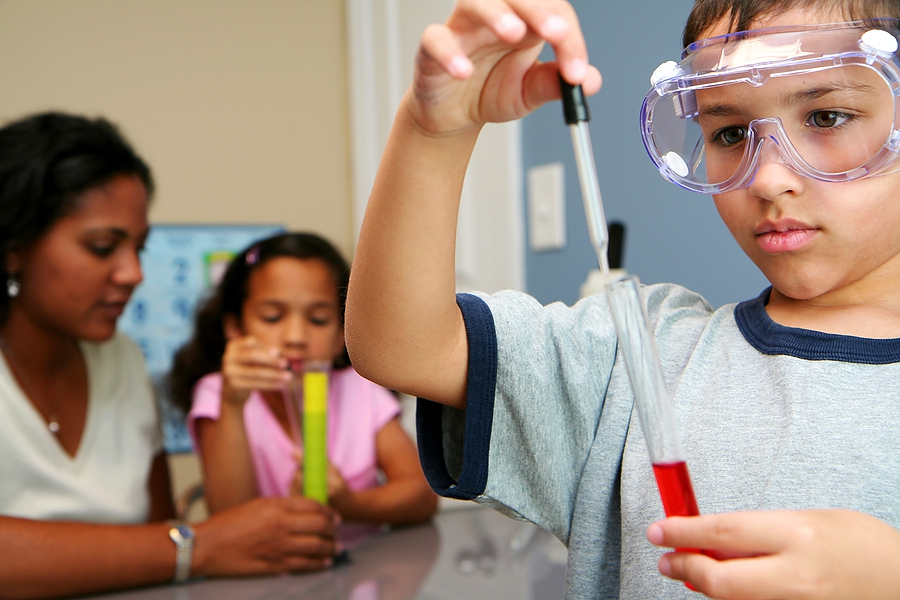Preparing for Success: A Comprehensive Guide to School Readiness
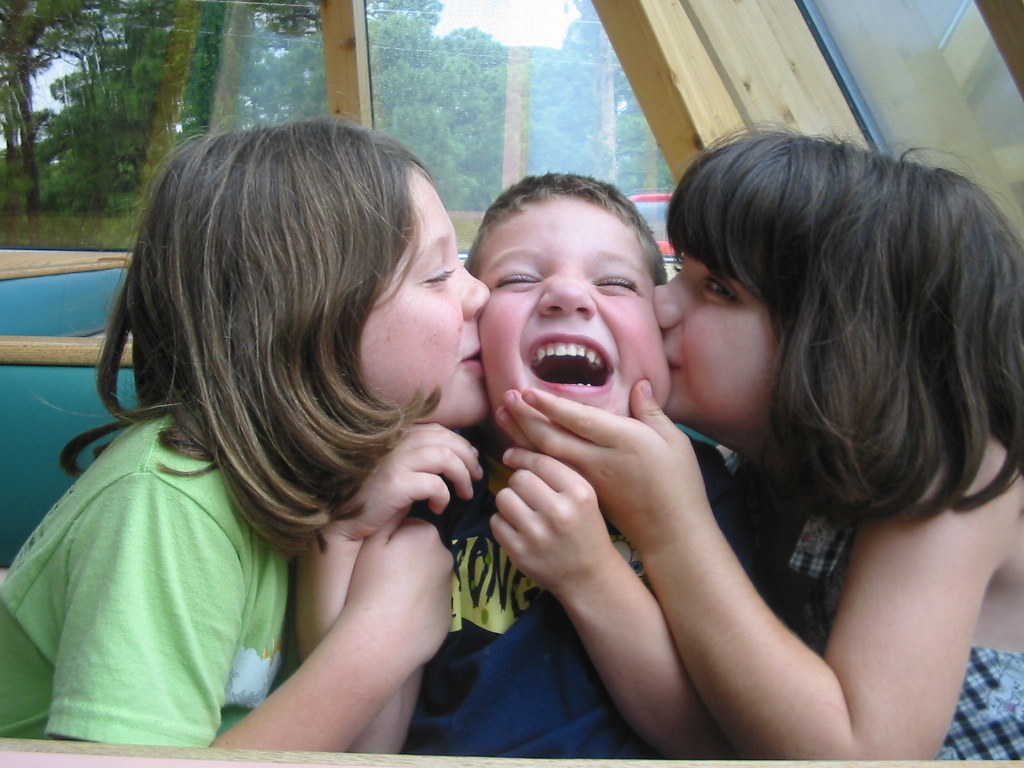
The transition from home to school is a significant milestone in a child’s life. School readiness is not only about academic preparation but also encompasses a range of social, emotional, and physical skills. In this guide, we’ll explore key aspects of school readiness and provide practical tips for parents to ensure their child is well-prepared for this exciting journey.
1. Early Literacy and Numeracy:
- Reading Together: Foster a love for reading by engaging in regular read-aloud sessions. Explore a variety of age-appropriate books to enhance language skills.
- Counting Games: Introduce basic numeracy concepts through fun counting games and activities. Incorporate numbers into daily routines to make learning a natural part of their environment.
- Writing Exploration: Encourage pre-writing skills through activities like drawing, coloring, and tracing. These activities enhance fine motor skills and set the stage for writing development.
2. Social and Emotional Development:
- Emotional Expression: Teach your child to recognize and express their emotions. Discuss feelings openly and provide guidance on healthy ways to cope with various emotions.
- Social Interaction: Arrange playdates and social activities to help your child develop crucial social skills, such as sharing, taking turns, and resolving conflicts.
- Independence Building: Foster independence by allowing your child to take on age-appropriate responsibilities, like dressing themselves and organizing their belongings.
3. Communication Skills:
- Vocabulary Expansion: Enrich your child’s vocabulary through conversations, storytelling, and exposure to a variety of experiences. Encourage them to ask questions and express themselves.
- Active Listening: Practice active listening during conversations to show your child the importance of attentive communication. This skill is vital for effective classroom participation.
- Following Instructions: Help your child practice following simple instructions, a fundamental skill for success in the classroom setting.
4. Motor Skills:
- Gross Motor Skills: Engage in activities that promote gross motor skills, such as running, jumping, and climbing. These activities contribute to overall physical development.
- Fine Motor Skills: Encourage activities like drawing, cutting, and crafting to enhance fine motor skills, which are crucial for tasks like writing and manipulating objects in the classroom.
5. Executive Functioning Skills:
- Self-Regulation: Teach your child techniques for self-regulation, such as taking deep breaths when feeling overwhelmed. This skill supports their ability to focus and manage emotions.
- Problem-Solving: Engage in activities that stimulate critical thinking and problem-solving, helping your child develop essential cognitive skills for academic success.
- Task Persistence: Encourage a positive attitude towards challenges and foster perseverance. These traits are valuable for tackling new tasks and assignments.
Conclusion:
School readiness is a holistic concept that encompasses a broad range of skills beyond academics. By focusing on early literacy and numeracy, social and emotional development, communication skills, motor skills, and executive functioning skills, parents can lay a strong foundation for their child’s success in school. Remember, each child is unique, and it’s essential to celebrate their individual strengths and progress as they embark on this exciting educational journey.



